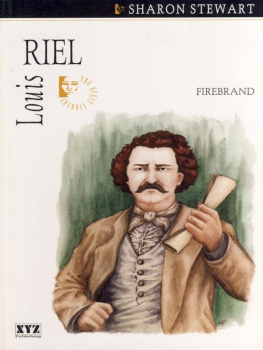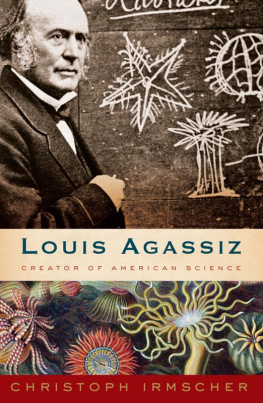Praise for Strong Motion
By sheer force of his imaginative writing and his unsheathed views of American life, Mr. Franzen succeeds in joining together a love story, a family story, and a corporate-cum-environmental story. Distinctly original.
Herbert Mitgang, The New York Times
Heartwrenchingly real charactersperfect pitchFranzens almost-Boston is shimmeringly alive and palpable.
Arthur Salm, San Diego Union-Tribune
Populous, ambitious, expansiveFranzen has courage[and] is a writer of abundant energies.
Jonathan Yardley, The Washington Post
[Franzen] tries for, and achieves, more than all but two or three in the successor generation to Pynchon and DeLillo. He may well be one of the successors.
Richard Eder, Los Angeles Times Book Review
A young writer of exceptional skill and visioninsightfuldazzling to beholda brave author, not afraid to take tremendous risks.
Michael Blumfield, The Orlando Sentinel
Complicated and absorbing with a fair mix of intrigue, social commentary, and humor laced with a tinge of malice.
Anne Gowen, Washington Times
Strong Motion is a roller-coaster thriller. Franzen captures with unnerving exactness what it feels like to be young, disaffected, and outside mainstream America. There is an uncannily perceptive emotional truth to this book, and it strikes with the flinty anger of an early-sixties protest song.
Will Dana, Mirabella
With this work, Franzen confidently assumes a position as one of the brightest lights of American letters. Part thriller, part comedy of manners, Strong Motion is full of suspense.
Alicia Metcalf Miller, The Cleveland Plain Dealer
Wry, meticulously realistic, and good.
Entertainment Weekly
Franzens dark vision of an ailing society has the same power as Don DeLillos, but less of the numbing pessimism.
Details
Base and startling as a right to the jaw. [Franzen] is a writer of almost frightening talent and promise.
Margaria Fichtner, The Miami Herald
Bitterly funny Strong Motion is a rich novel, busy with humor, outrage, playfulness, and pettiness.
Joseph Gangemi, Gannett News

For Valerie
A rock was sticking out of the water, jagged and pointed, covered with mossa remnant of the Ice Age and of the glacier that had once gouged out this basin in the earth. It had withstood the rains, the snows, the frost, the heat. It was afraid of no one. It did not need redemption, it had already been redeemed.
I. B. SINGER
Grateful acknowledgment of support is made to the Mrs. Giles Whiting Foundation, the Corporation of Yaddo, Sven-Erik and Marianne Ekstrm, and Dieter and Inge Rahtz. Thanks also to Lorrie Frrer and Robert Franzen, and especially to Gran Ekstrm for his advice and seismograms. Parts of Chapter 13 draw heavily on William Cronons Changes in the Land (Hill & Wang, 1983).
Contents
I

Default Gender

Sometimes when people asked Eileen Holland if she had any brothers or sisters, she had to think for a moment.
In grade school she and her friends had played foursquare during recess, and when fights broke out in far corners of the playground, it usually turned out that the person whose face was being smashed into the blacktop was her younger brother, Louis. She and her friends would continue to bounce their ball from square to square. They were skipping rope the day Louis fought a boy on the top tier of the old tetanus-infested jungle gym and damaged a different part of himself on each of the pipes he hit during his fall, breaking off his front teeth on level three, bruising his ribs on level two, getting a concussion by impact and whiplash on level one, and stunning his diaphragm on the asphalt. Eileens friends ran to look at the possibly dead boy. She was left holding the jump rope and feeling as if shed fallen and no one would help her.
Eileen was a faithful and pretty image of her mother, with astonished dark eyes and pencil-thin eyebrows, a high forehead and plump cheeks and straight dark hair. She had the limbs of a willow tree and sometimes she even swayed like one, with her eyes closed, when she was so happy to be among her friends that she forgot they were there.
Louis, like his father, was less ornamental. From the age of ten onward he wore aviator-style glasses whose metal frames vaguely matched his hair, which was curly and the color of old brass screws, and was thinning by the time he finished high school. His father had also donated a barrel chest to his genetics. In junior high and high school new friends of Eileens expected to be told. No, no relation, when they asked her if Louis Holland was her brother. To Eileen these questions were like vaccination shots. The soothing alcohol swab that followed was her friends avowal that her brother was not like her at all .
Yeah, shed agree, were real different.
The young Hollands grew up in Evanston, Illinois, in the shadow of Northwestern University, which employed their father as a history professor. Once in a while, in the afternoon, Eileen caught sight of Louis in a booth at McDonalds surrounded by the misfits he hung out with, their snide menu selections, their cigarettes and pasty faces and military clothing. The negativity emanating from his booth made her feel like she couldnt wedge herself tightly enough between the elbows of her peers. She was, she told herself, very different from Louis. But she was never entirely safe from him. Even in the middle of a jammed and laughing back seat she would glance out a window just in time to see her brother striding along the trashy shoulder of some six-lane suburban thoroughfare, his white shirt gray with sweat, his glasses white with road glare. It always seemed that he was there for her alone to see, an apparition from that parallel private world which she herself had stopped living in when she started having friends but which Louis still obviously inhabited: the world where you were by yourself.
One day in the summer before she started college she suddenly needed to use the family car to see her boyfriend Judd, who lived farther up the Lake Michigan shore in Lake Forest. When Louis pointed out that hed reserved the car a week earlier, she became furious with him, the way a person gets with an inanimate object that she keeps dropping and mishandling. Finally she made her mother go ask Louis to be selfless, just this once, and let her use the car to visit her boyfriend. When she got to Judds house she was still so furious that she left the keys in the ignition. The car was promptly stolen.
The Lake Forest police were not particularly nice to her. Her mother was even less nice, on the telephone. And Louis, when she finally got home, came down the stairs in a divers mask.
Eileen, her mother said. Honey. You let the car roll in the lake. Nobody stole the car. I just got a call from Mrs. Wolstetter. You didnt set the emergency brake and you didnt put the car in Park. It rolled across the Wolstetters lawn into the lake.
Park, Eileen? Louiss voice was glassed-in and adenoidal. The little P on the far left? N for Neutral? P for Park?
Louis, their mother said.
Or is it N for No and P forProceed? D for Desist?

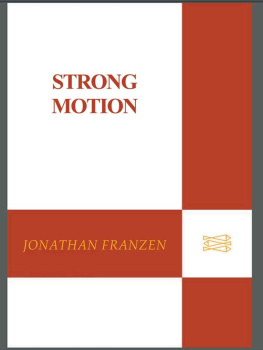
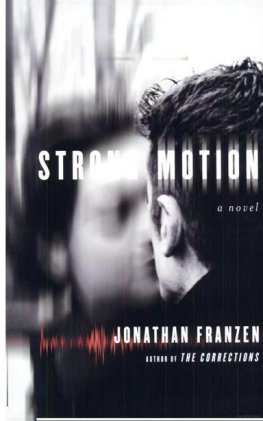
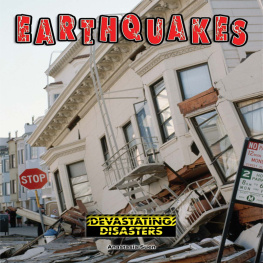





![Louis de Montfort - The Saint Louis de Montfort Collection [7 Books]](/uploads/posts/book/265822/thumbs/louis-de-montfort-the-saint-louis-de-montfort.jpg)
